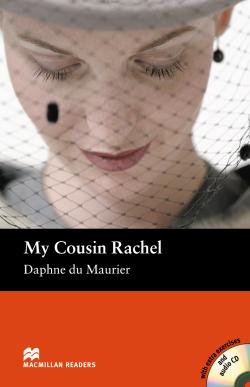


This invites the audience often to think the worst of continental Rachel, but nothing is clear, and jumping to conclusions gets you nowhere - is Rachel just culturally different, or actually bad, and who decides what bad is? Is she a victim of the assumptions of the English side of the family, hopelessly romantic on the one hand, and intent on protecting the wealthy estate on the other, or is she a grasping manipulatrix? There was plenty of "I told you so" tutting by the audience when Rachel serves the dubious, foreign tea. Eventually Rachel turns up in England and, as his suspicions dilute, Philip starts plotting to hand her the estate.An ambitious try at combining lessons about social prejudice with a basic mystery thriller. The older cousin travels to Italy where he meets and falls in love with the bewitching Rachel (Rachel Weisz).Īmbrose’s letters home begin idyllically, but, following marriage and a decline in his health, he begins dropping hints that Rachel may have sinister intentions (as bloody foreigners always do). Sam Clafin plays Philip, a Cornish landowner who has been largely raised by his (unseen here) cousin Ambrose. The script fillets out much of the early epistolary narrative, but it still manages to tantalisingly delay the glamorous menace’s arrival. Roger Michell's adaptation doesn't quite drift into self-parody, but there are laughs here if you know where to look. Those complexes have lessened since the novel's publication in 1951 and such scenes now add welcome comedy to an often-exhausting melodrama. But it also enjoys playing with a sometime English suspicion of exoticism. As with the same author's Rebecca, My Cousin Rachel has much to do with feminine menace. One of many juicy moments in this agreeable adaptation of a popular Daphne du Maurier novel finds discussion of an Italo-English in-law turning to her rumoured “limitless appetites”.Ī combination of titillation and revulsion colours the delivery of those syllables.


 0 kommentar(er)
0 kommentar(er)
